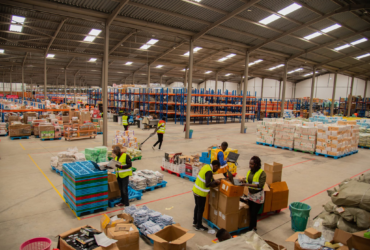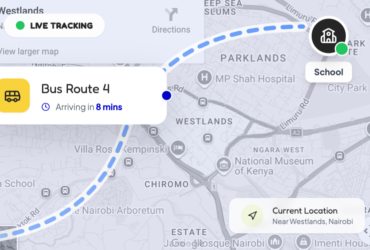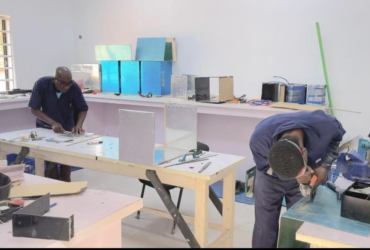Since the entry of US-based Uber into the Nigerian market in 2014, the ride-hailing industry has seen over 2,500 apps, mainly locally developed ones, attempting to compete for commuters. However, due to high operational costs, regulatory challenges, and the dominance of well-funded foreign players like Uber and Bolt, many local platforms have struggled to sustain operations.
Ibrahim Ayoade, the general secretary of AUATON, shared that numerous apps have tried to enter the market since 2014, but most fail to survive due to the competitive landscape. The promise of convenience to commuters and a financial opportunity for drivers in the ride-hailing market has faced difficulties, with established foreign operators overshadowing homegrown alternatives.
Several indigenous ride-hailing apps like Oga Taxi, T-Cab Rides, and Alpha1 Rides have faced challenges in competing with foreign players and have either shut down or shown minimal activity in recent years. The competitive landscape in Nigeria’s ride-hailing sector has made it challenging for local platforms to thrive.
The removal of Nigeria’s petrol subsidy in 2023 led to a significant increase in fuel prices, impacting driver operating costs. This surge in costs, along with existing challenges like poor road infrastructure and lack of efficient data management, has further strained the ride-hailing industry in Nigeria.
Despite efforts by new entrants like SimpliRide to offer better terms to drivers, the industry continues to face uncertainties around market share, profitability, and driver welfare. The future of ride-hailing in Nigeria remains uncertain, with only the strongest or best-funded companies likely to survive in the competitive landscape.
















Leave a Reply